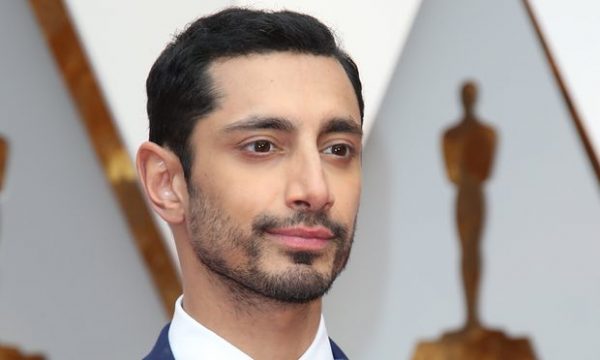Dan MacMedan/Getty Images.
Reposted in part from The Stage and The Guardian:
Actor Riz Ahmed has issued a rallying cry for diversity in the media, claiming the government should intervene to ensure that minority groups are better represented.
Delivering Channel 4's annual diversity lecture in parliament, Ahmed also said more effort must be made to ensure that rising tuition fees do not restrict the types of people attending drama school, adding that opportunities to get under-represented groups into the creative industries should be protected. "We are here to represent, and in that task, it pains me to say, we have failed," Ahmed said.
The Rogue One actor also said that in the light of the rise in racial and religious hate crimes post-Brexit, TV had a pivotal role to play in ensuring different communities felt heard, and valued, in British society.
“If we fail to represent, we are in danger of losing people to extremism…In the mind of the Isis recruit, he’s the next James Bond right? Have you seen some of those Isis propaganda videos, they are cut like action movies. Where is the counter narrative? Where are we telling these kids they can be heroes in our stories, that they valued?”
He added: “If we don’t step up and tell a representative story … we are going to start losing British teenagers to the story that the next chapter in their lives is written with Isis in Syria. We are going to see the murder of more MPs like Jo Cox because we’ve been mis-sold a story that is so narrow about who we are and who we should be.”
Ahmed’s recent roles include the HBO drama The Night Of and comedy series Girls, both American TV shows. Like Idris Elba, who delivered the lecture last year, Ahmed used the platform to criticise the fact he still had to go to the US to land major parts. He called on the government to step in and insist on requirements for more diverse employment and casting.
“It takes American remakes of British shows to cast someone like me,” he said. “We end up going to America to find work. I meet with producers and directors here and they say ‘we don’t have anything for you, all our stories are set in Cornwall in the 1600s’.”
"It's only the government that's going to have the long view and see the really big picture, which is that what's at stake isn't whether or not you can turn out another period drama. What's at stake here is whether or not we can move forwards together. If we don't step up and tell a representative story, we're going to start losing people."
"If you're used to seeing yourself reflected in culture, take a minute to understand how much it means to someone who doesn't. It's a message that you matter, that you're part of the national story, that you're valid, you're represented. If we fail to represent people in our mainstream narratives, they will switch off."
His comments were echoed by culture minister Matt Hancock and MP Helen Grant, who sponsored the event. Hancock said the industry "still needs to do more" to improve diversity and ensure that minority groups across society are represented.
"TV audiences are wide and diverse, so the industry must be too. While there's already a push for greater diversity on screen, we must continue to support that, and it must be matched by a similar drive behind the scenes… It shouldn't just be an echo chamber for one type of person," he said.
Ahmed said while growing up, the lack of Asian faces and stories on television had made him believe it was impossible for him to become an actor. It was only that several people had helped to champion him, and offered financial aid, that he made it to drama school and then landed his first film role. He recalled that whenever actors such as Meera Syal or Sanjeev Bhaskar made rare appearances on TV “all of sudden I’d hear my mum shout ‘ASIAN’ and I’d run downstairs just to watch … I really want you to understand how much that meant to someone who doesn’t see themselves reflected back in culture. It’s a message that you matter.”
In 2015, BBC, Channel 4 and ITV and Sky launched the Diamond Project to monitor diversity across all broadcasters, while Ofcom said it may impose tougher penalties. By 2020 the BBC aims to have 15% of its workforce from black and ethnic minority backgrounds.


